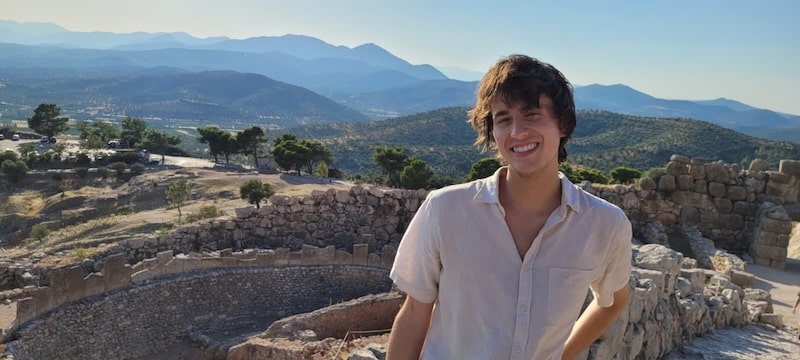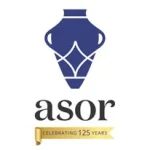
Learning to Lead in the Heart of Athens
Aidan Gregg, 2025 Katherine Barton Platt Fellowship Recipient
In the bustling center of metropolitan Athens, the sounds of city life blend with those of pickaxes striking the earth, brushes revealing beautiful artifacts, and—of course—ceaseless debate as to whether the soil is indeed greyish-brown or brownish-grey. For nearly 100 years, the American School of Classical Studies at Athens has helmed the excavations of the Athenian Agora. Each year, students and professionals from across the world flock to Athens to excavate one of the most important sites in the Greek world. This year, I had the opportunity to work at the Agora as an assistant supervisor and take an important step in my career as an archaeologist.
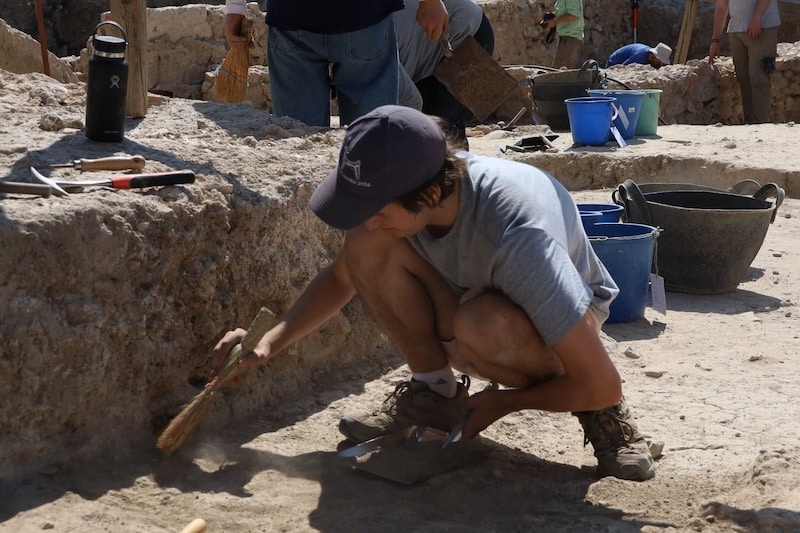
I excavated at the Agora for the first time as a volunteer in the summer of 2024, just before beginning the final year of my undergraduate education. While I had prior excavation experience, I could never imagine how impactful it would be on my development as an archaeologist. As a site that practices total collection of material—even plastic—I gained a breadth of archaeological experience. In addition to dry sieving all of the excavated material, we took samples for archaeobotanical flotation. We placed the soil we collected in a basin of water, so we can keep even the smallest seeds. The emphasis on professional skill development and intellectual growth at the Agora made me fall in love with the site, the project, and the people. But the most important lesson came this year, when I learned to be a leader.
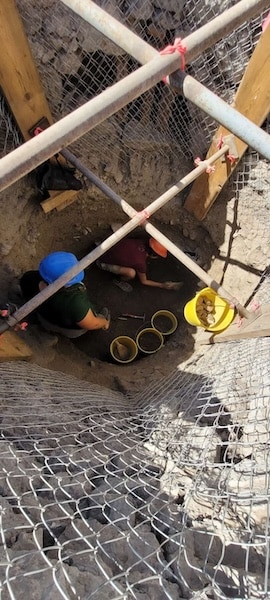
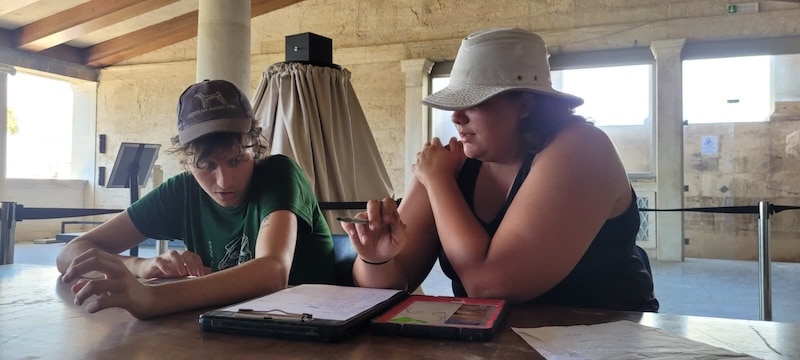
Perhaps the most important thing I learned was to be comfortable being wrong, not knowing the answers, and owning mistakes. In turn, letting go of the need to be right and the fear of making a mistake allowed others at every level of experience and every age the space to be wrong too; it allowed us all to be able to learn from each other. At the Agora, our field director, Dr. Debby Sneed, consistently emphasized to us that mistakes are an opportunity to grow, not a source of shame. This summer, learning to be wrong made me more confident in myself, more able to learn from others, and a better archaeologist altogether.
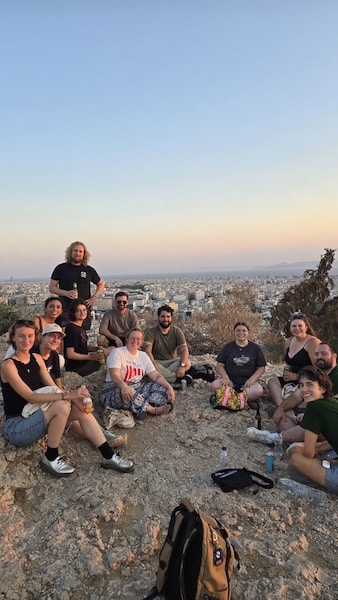
Anyone who has participated in archaeological fieldwork knows that it is an opportunity for personal discovery just as much as it is for professional growth. Over two short months, I grew like a wild herb nurtured by the Greek sun, soil, and incredible archaeologists around me. I am forever grateful for my time at the Athenian Agora, and look forward to what comes next.
